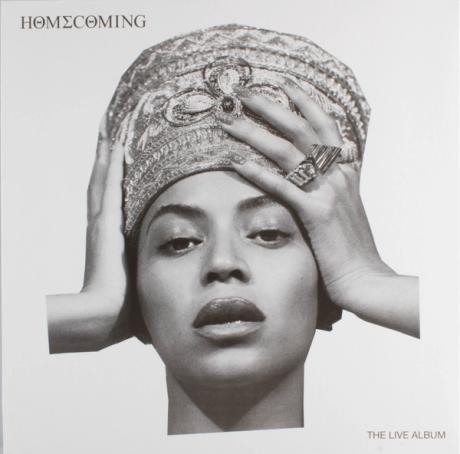
Images of Beyoncé, Rihanna, Eddie Murphy and rapper Nas impersonating ancient Egyptian queens and pharaohs have been viewed millions of times around the world. But Egypt’s Ministry of Antiquities has now withdrawn a Dutch museum’s license for an archaeological dig to display them in an exhibition about how ancient Egypt influenced modern black musicians.
Wim Weijland, the director general of the National Museum of Antiquities in Leiden in the Netherlands, denounced “anti-black sentiment”, after the Egyptian Ministry of Tourism and Antiquities wrote to his museum two weeks ago, l accusing of “falsifying history” and “Afrocentrism”.
“That’s why we withdrew the permit to dig Saqqarawhere we have been working for almost half a century,” he said. The arts journal. “Of course, Egyptians have every right to stop an excavation: it’s their country, it’s their heritage and we are invited to do so.”
“But pairing that with an argument like tampering with history in an exhibition – when no Egyptians have come to see it – is like rubbing salt in the wound. Egypt’s reactions are based on a few images, including a mask of Tutankhamun with the face of American musician Nas, which appeared on an album cover [almost] 25 years ago.
The show Kemet: Egypt in Hip Hop, Jazz, Soul and Funk, runs through September and examines how Black American musicians were inspired by ancient Egyptian and Nubian ideas such as spirituality, pride, power and dress. It also explores the country’s ancient Egyptian name, Kemet, which means “the black” but referred to the fertile land along the Nile. However, it provoked strong criticism on social media and in Egypt.
Weijland said they frequently host shows and events about ancient Egyptian influence on modern topics like Hollywood movies, comics, and opera (like the gods of egypt exhibition which took place from October 2018 to January 2019 and a contemporary work Go Pensiero in December 2022). “Now we have one about the fascination and inspiration of ancient Egypt for primarily American artists from the soul, rap and funk movement,” he said. “We did all the others from a relatively Eurocentric perspective: now we don’t have an Afrocentric perspective, but the perspective of predominantly black American musicians. For one reason or another, [the Egyptian authorities] are uncomfortable with this, because they believe that these people should not appropriate their culture. Of course, ultimately it has to do with anti-black sentiment.
He added that the excavations, which began in 1975 and were carried out with the Egyptian Museum in Turin and – in the past, the Egypt Exploration Society in London – were aimed at research, restoration and conservation.
The Egyptian Ministry of Tourism and Antiquities did not respond to requests for comment.
• Kemet: Egypt in Hip Hop, Jazz, Soul and Funk, The Rijksmuseum van Oudheden, Leiden, until September 3
